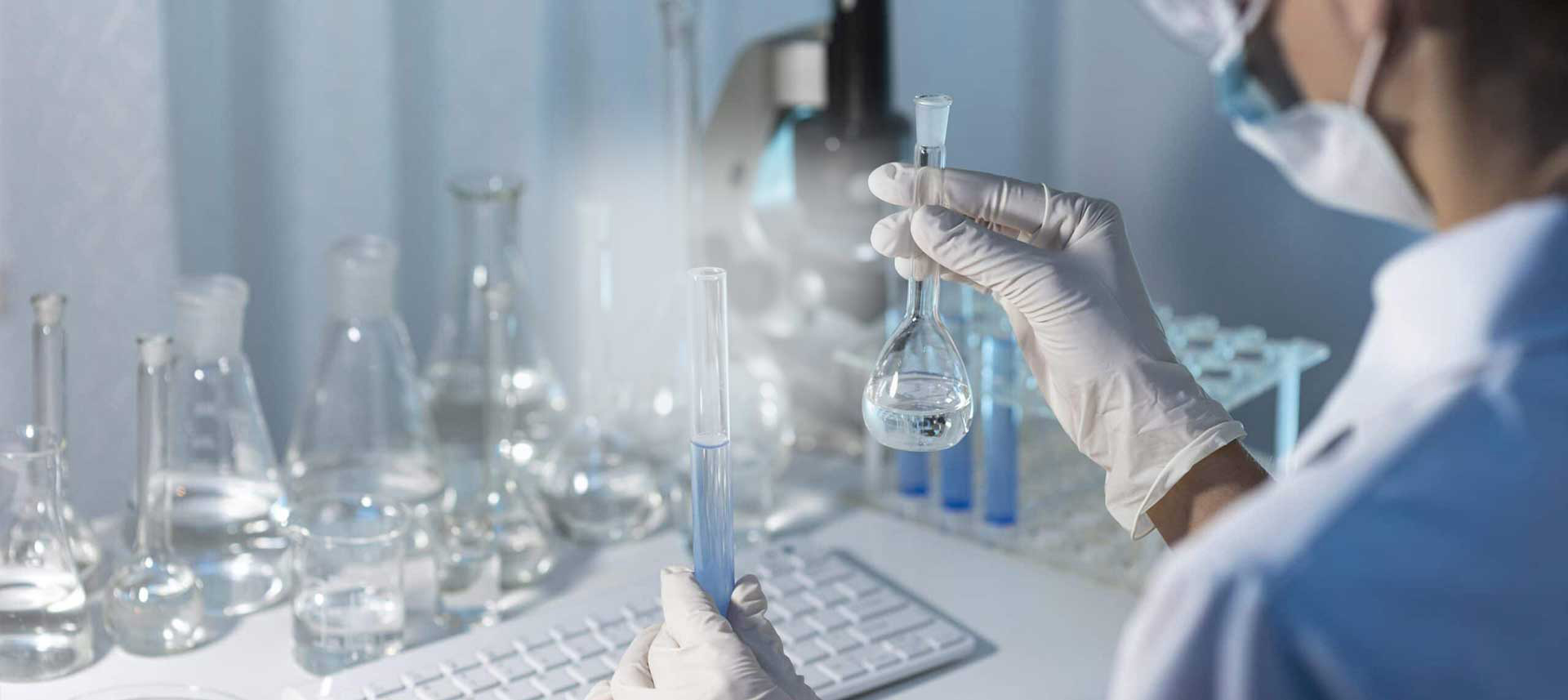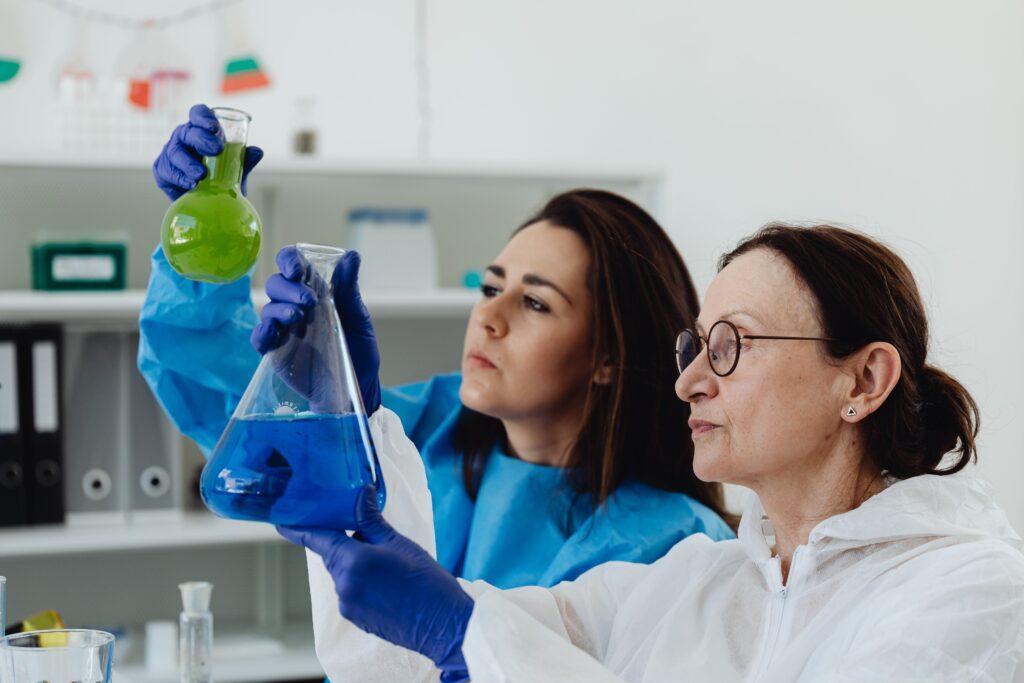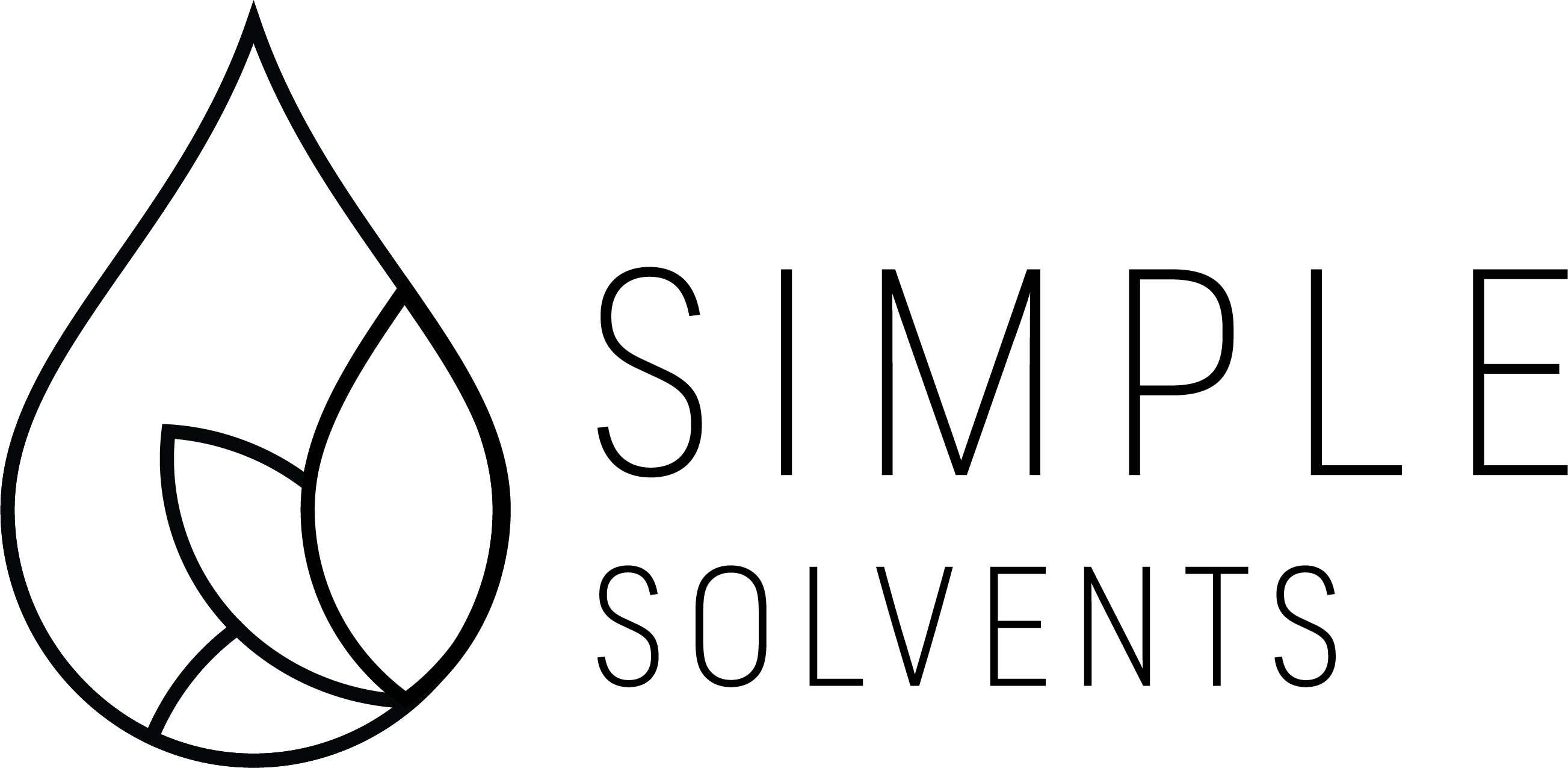Comparing Pharmaceutical Grade Solvents: Understanding Characteristics and Applications

Comparing Pharmaceutical Grade Solvents: Understanding Characteristics and Applications
Comparing pharmaceutical grade solvents is essential as it is used in range of industries, from manufacturing and research to personal care and extraction processes. These high-quality solvents boast superior purity, which translates to enhanced safety and performance across numerous applications. As a trusted provider of pharmaceutical-grade solvents, Simple Solvents is dedicated to delivering top-tier products that meet stringent quality standards – a mission that begins with understanding the unique characteristics and applications of these solvents.
In this comprehensive guide, we will compare pharmaceutical grade solvents to provide insights into their distinctive properties, practical uses, and adherence to rigorous purity standards. By gaining a deeper understanding of these solvents and their applications, you’ll be better equipped to make informed decisions regarding the most suitable solvent for your specific needs and appreciate the true value of pharmaceutical-grade selections.

Our comparing pharmaceutical grade solvents will cover common solvents used like ethanol, acetone, isopropyl alcohol, and more, discussing their unique chemical structures, solvency and evaporation rates, and suitability for different industrial applications. We will also explore how solvents are classified based on their purity levels and why higher purification is so critical within the pharmaceutical industry.
Important of Standards
Additionally, we will outline the importance of complying with regulatory requirements and international standards, such as the United States Pharmacopeia (USP) and the International Conference on Harmonisation of Technical Requirements for Pharmaceuticals for Human Use (ICH), when it comes to solvent quality, performance, and which grade solvents are acceptable through the analytical laboratory.
1. Properties and Characteristics Found Comparing Pharmaceutical Grade Solvents
To fully appreciate comparing pharmaceutical grade solvents, it’s essential to consider their unique properties and features that distinguish them from conventional options. Here, we will explore the distinguishing characteristics of some of the most commonly used solvents:
– Ethanol: Widely recognized for its versatility, pharmaceutical-grade ethanol is a popular choice across multiple industries, such as food and beverage processing, pharmaceuticals, and cosmetics. Its easily miscible nature, high evaporation rate, and relatively low toxicity make it a preferred solvent for numerous applications.
– Acetone: Acetone is an efficient and fast-evaporating solvent often used in manufacturing processes, paint and coatings, and adhesive industries. Its high solvency rate for both polar and nonpolar compounds and low water solubility make it a valuable option for various applications.
– Isopropyl Alcohol (IPA): Solvents in this category due to its fast evaporation and ability to dissolve a wide range of non-polar compounds, IPA is a common choice in electronic, medical, and automotive industries. Its low toxicity and excellent cleaning properties are particularly beneficial in sanitation applications.
2. Applications of Pharmaceutical-Grade Solvents Across Industries
Pharmaceutical-grade solvents are highly sought after for their purity, safety, and superior performance. Let’s examine how these solvents are utilized across different industries:
– Pharmaceuticals and Nutraceuticals: The high purity of pharmaceutical-grade solvents is essential for maintaining product sterility and avoiding unwanted contaminants in drug formulations and nutraceutical products.
– Personal Care and Cosmetics: These solvents play a crucial role in creating a clean, safe, and consistent final product for a range of personal care items, such as lotions, creams, make-up, and fragrances.
– Food and Beverage: In food processing, pharmaceutical-grade solvents are used to extract flavors, colors, and nutrients while ensuring that no harmful impurities are introduced into the final product.
– Research and Analysis: The precise formulations and high purity of these solvents make them indispensable in providing accurate and reliable results across chromatography, spectrophotometry, and analytical chemistry applications.
3. Purity Standards and Regulatory Compliance for Pharmaceutical-Grade Solvents
Pharmaceutical-grade solvents must adhere to rigorous purity standards and regulatory requirements to ensure their safety and effectiveness. Several agencies and organizations have established guidelines and regulations for solvent purification levels, such as:
– United States Pharmacopeia (USP): The USP establishes specific standards for the purity and identity of pharmaceutical-grade solvents to ensure their quality, safety, and efficacy. These comprehensive standards are widely recognized across various industries and countries.
– International Conference on Harmonisation of Technical Requirements for Pharmaceuticals for Human Use (ICH): The ICH provides guidance on the acceptable levels of residual solvents within pharmaceutical products. Its main objective is to harmonize and standardize global regulatory frameworks to ensure consistency and safety across different markets.
Adherence to established purity standards and regulatory guidelines is vital for manufacturers and suppliers of pharmaceutical-grade solvents, as well as for businesses and individuals that utilize these solvents for various applications.
4. Benefits and Advantages of Pharmaceutical-Grade Solvents
Utilizing pharmaceutical-grade solvents offers numerous advantages, including enhanced safety, reliability, and consistency across application processes. Here are some key benefits of using these high-quality solvents:
– Enhanced Safety and Quality: The higher purity of pharmaceutical-grade solvents ensures minimum exposure to impurities or toxic contaminants, resulting in safer and more reliable products.
– Improved Performance and Efficiency: Due to their superior solvency and evaporation rates, these solvents offer better overall performance and efficiency, reducing the required volume of solvent for given applications and tasks.
– Regulatory Compliance: Utilizing solvents that adhere to stringent regulatory requirements can help businesses maintain good manufacturing practices and avoid potential compliance issues or penalties.
Conclusion
Pharmaceutical-grade solvents are undeniably beneficial for a wide range of industries and applications, thanks to their unmatched purity, safety, and performance. Understanding the unique characteristics and uses of these solvents, as well as the stringent purity standards and regulations that govern them, can help you make better-informed decisions to maximize the quality, consistency, and overall success of your operations.
With our customers in mind, Simple Solvents is dedicated to providing the purest pharmaceutical-grade solvents on the market. By choosing Simple Solvents as your trusted source for high-quality solvents like isopropyl alcohol, you can be confident in the products you use and their ability to provide enhanced safety and reliability for all your applications. Embrace the benefits of pharmaceutical-grade solvents and elevate your industry or hobby to new heights.
